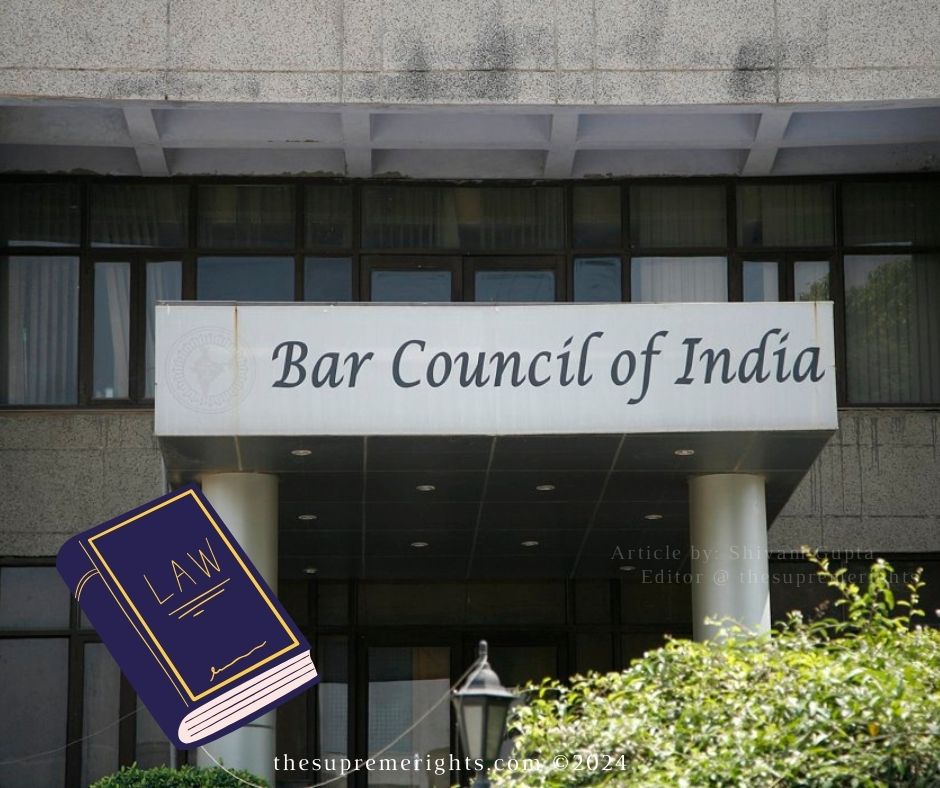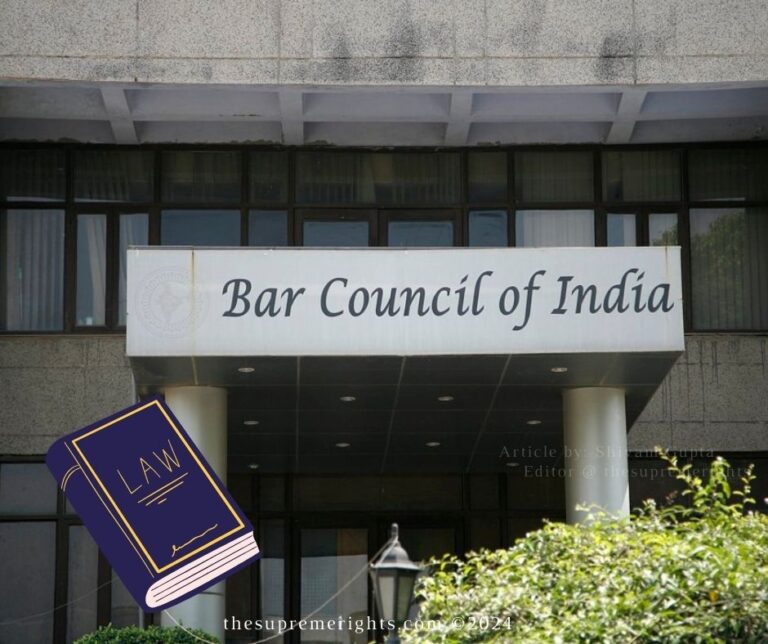In a recent development, India's has taken a historic step to reform its legal education. Over the past few years Indian PM Narendra Modi had made significant comments on legal education. These purportedly include integration of new subjects in legal education, introducing mediation as a compulsory subject, strengthening exchange programs in law schools, increasing the number of women students in legal education and more.
"In light of these considerations, the Bar Council of India issues this circular to all Centres of Legal Education (CLEs) for immediate implementation."
Justifying the need for these reforms, the circular says that the National Education Policy (NEP 2020) only gives broad guidelines to improve legal education in the country. Further, the Higher Education Commission of India envisioned by the NEP 2020 will oversee all forms of higher education except medical and legal education. Since the latter is governed by the BCI, the body issued guidelines to enhance the quality and effectiveness of legal education in India.

The major reforms considered by all CLEs are:
- Inclusion of emerging subjects like Blockchain technology, Electronic-Discovery, Cyber-Security, Robotics, Artificial Intelligence, Bio-Ethics etc.
- Emphasis on imparting a 'profound and practical understanding of constitutional values' including justice – social, economic, and political, in legal practice.
- Integration of socio-economic and cultural contexts into the syllabus for a holistic understanding of the law among students.
- Bilingual education, adopting both English and the regional languages to enhance access to justice.
- Students to be actively involved in critical and interdisciplinary thinking. Research and collaboration across disciplines to develop a comprehensive approach to addressing legal challenges.
- Integration of mediation as a compulsory subject.
- Implementation of circulars issued previously to integrate computer education in legal education.Incorporate the three new criminal law enactments – the Bharatiya Nyaya Sanhita, 2023, the Bharatiya Nagarik Suraksha Sanhita, 2023, and the Bharatiya Sakshya Adhiniyam, 2023 into the curriculum of law schools starting from the academic year 2024-2025.
- Non approval/non recognition of law courses by online mode and through correspondence, open and distance under the name/nomenclature of LL.B.2; BA (Law etc.); LL.M; MA (Law/etc.) etc. An MA degree with a law subject will not have the same recognition as an LL.M degree.
- Adherence to the BCI Rules of Legal Education regarding timings for conduct of classes. Classes to be conducted only from 8 AM to 7 PM.
- Equivalence of foreign law degrees – Persons who get LL.B degree from foreign universities are required to get them equated to an LL.B degree from an Indian university, through the BCI.
- Indians who get an LL.M from abroad are required to apply to the BCI for equivalance, without which they cannot apply to posts that require LL.M qualification.
- No university in India can offer a 4-year LL.B followed by a 1-year LL.M a tie up with a foreign university under the present BCI regulations. The BCI only recognizes the pattern of a 12th class +3 (graduation in any stream) +3-year law degree) and/or a 12th + 5-year integrated law degree. Names of defaulting universities to be published on the website of BCI.
- Necessary adaptations by CLEs to align with the dynamic nature of legal practice and emerging global trends. CLE’s are expected to periodically report adherence to Bar Council of India to ensure relevance and effectiveness.
- All reservation or quota must fall within the sanctioned strength of seats and not exceed it. The BCI does not permit seats under a supernumerary quota, except for 10 per cent reservation for Economically Weaker Sections (EWS). Only degrees awarded to students within the sanctioned strength of seats will be recognized by the BCI.
- The circular also ends by stating that these reforms are effective immediately and that non-compliance will result in action being taken agaisnt errant universities.
- The BCI also recently issued guidelines to prevent the 'mushrooming' of sub-standard law colleges across the country.

